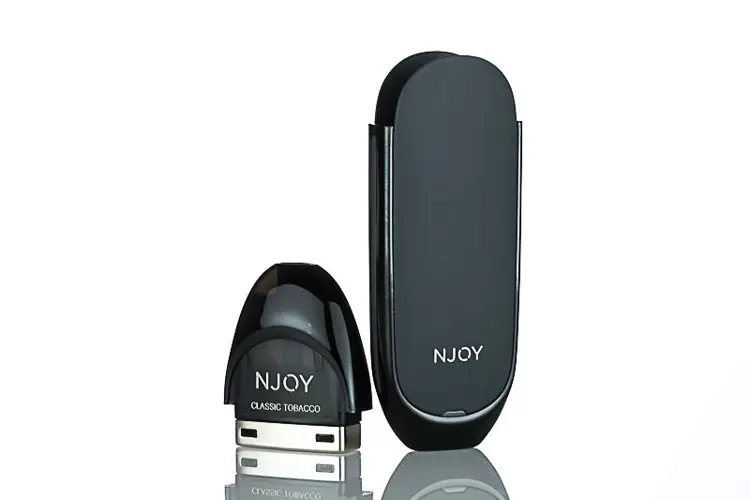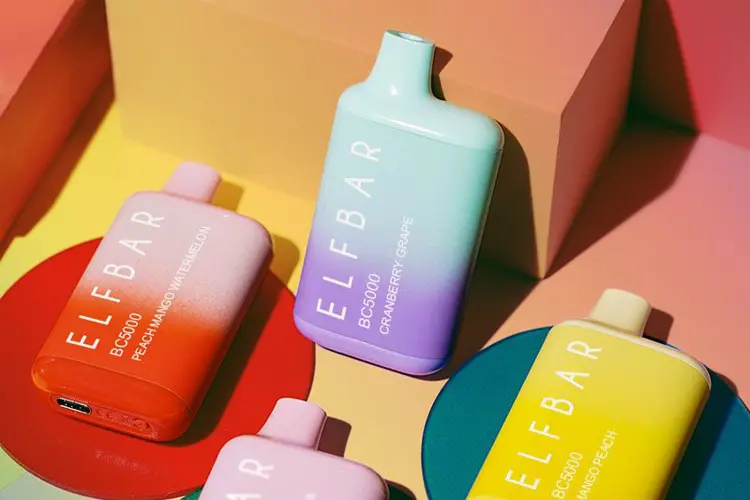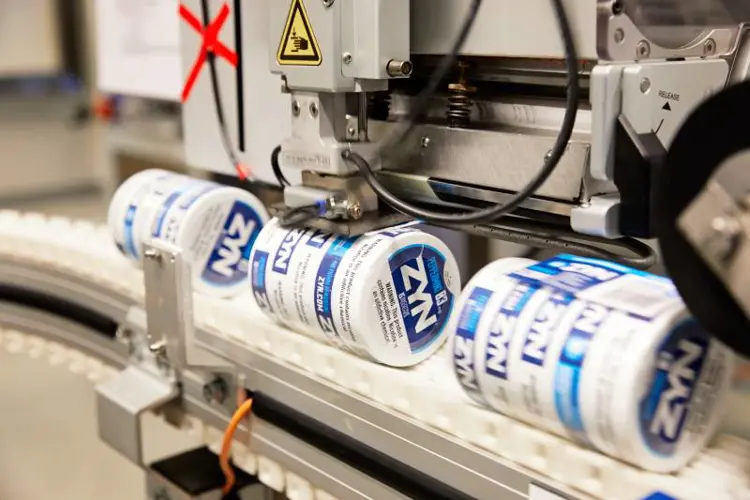Altria Group has bought NJOY Holdings, just three days after trading its 35 percent share in Juul Labs for rights to some Juul intellectual property. The Juul deal marks the end of Altria’s equity ownership in the troubled vape manufacturer, and ends all underlying agreements between the companies.
The purchase of NJOY gives Altria entry to the tiny realm of vaping products granted FDA marketing permission in the United States. NJOY sells two of the seven vaping devices authorized by the FDA. The company has been exploring a sale to a major tobacco firm since last summer. It was reported last week that Altria and NJOY were in serious talks.
Altria, seller of Marlboro cigarettes, is the largest U.S. tobacco manufacturer.
Altria buys NJOY: the end of independent mass-market vapes
Altria acquired NJOY Monday for $2.75 billion in cash. The final sale amount could increase by as much as $500 million if NJOY receives marketing granted orders (MGOs) from the FDA for additional flavored NJOY Ace pods.
Altria’s purchase of NJOY means that not a single FDA-authorized vaping product is sold by a manufacturer not owned by a major tobacco company. Aside from NJOY's products, the FDA has authorized two devices sold by Logic (owned by Japan Tobacco International), and the Vuse Solo and Vuse Ciro and Vibe devices (owned by R.J. Reynolds/British American Tobacco).
NJOY became a natural acquisition target for Altria because it sells two vaping devices already authorized by the FDA. The agency gave a green light to the NJOY Ace (and three tobacco-flavored refills) last April, and authorized two tobacco-flavored versions of the NJOY Daily in June.
The Daily is a low-powered disposable cigalike, but the NJOY Ace is a modern pod-based vape with high-strength nicotine salt e-liquid. The Ace is probably capable of competing in the convenience store/gas station segment of the vaping market with the pod vape leaders, the Vuse Alto and JUUL devices.
Altria also announced that NJOY is preparing PMTAs for two “non-tobacco or menthol flavored” Ace pods that would be compatible with future NJOY devices that use Bluetooth access-restriction technology.
NJOY currently controls only about three percent of the c-store market, but Altria is betting its money and distribution clout can make the NJOY Ace a market leader. “We believe we can responsibly accelerate U.S. adult smoker and competitive adult vaper adoption of NJOY ACE in ways that NJOY could not as a standalone company,” Altria CEO Billy Gifford said in a statement.
According to Altria’s press release, the NJOY sale price could increase by $250 million if the FDA authorizes the NJOY Ace menthol-flavored pod in 5% (50 mg/mL) nicotine strength, or both the 5% version and a 2.4% version. If the FDA approves the 2.4% version alone, NJOY owners would receive $125 million. Premarket tobacco applications (PMTAs) for both menthol pods are still under review.
Altria also announced that NJOY is preparing PMTAs for two “non-tobacco or menthol flavored” Ace pods that would be compatible with future NJOY devices that use Bluetooth access-restriction technology. If the FDA authorizes either of those refills, NJOY will earn an additional $125 million for each pod approved.
However, even if NJOY gets authorization for one or two additional flavors, the FDA’s decision to apply extraordinary standards to non-tobacco-flavored vape products is likely to prevent NJOY—or any of the major mass-market vapes—from competing effectively with gray market disposable vapes sold in hundreds of fruit and other non-tobacco flavors. Collectively, disposable products like Elf Bar make up about half of the c-store vape market.
Juul and Altria: the bitter end of a troubled marriage
Altria’s divestment from Juul, announced Friday, marks the end of a topsy-turvy four-year relationship. In December 2018, Altria spent $12.8 billion to acquire a 35 percent share in the privately owned e-cigarette company, which was then valued at $38 billion.
When Altria ended the relationship, it valued its investment at just $250 million—less than two percent of its original $12.8 billion outlay. And the company still faces other consequences of its turbulent four years as part-owner of Juul Labs.
While Juul has settled most of the many lawsuits it faced—from dozens of U.S. states, and thousands of municipalities, Indian tribes, school districts, and individuals—Altria has not. Some cases are scheduled to be heard this spring.
Altria ended its non-competition agreement with Juul last September, leaving it free to develop its own vaping products, or to license or buy existing brands.
Juul Labs says the divestment marks a return to “full strategic freedom” for the troubled company, which has struggled with financing since the FDA issued a marketing denial order (MDO) for Juul’s flagship device last June. The agency was forced to reverse itself and stay its own marketing denial—but Juul’s future in the U.S. marketplace is by no means certain.
In late January, it was reported that Juul is in talks with major tobacco companies to sell the company, acquire a major investor, or agree to a licensing or distribution arrangement.
Not much is known about the Juul heated tobacco product (HTP) intellectual property Altria acquired “non-exclusive, irrevocable global license” to. (Juul Labs was spun off PAX Labs, manufacturer of multiple cannabis flower vaporizers, which operate on the same principle as HTPs.) Altria has recently made other HTP investments after former partner Philip Morris International (PMI) last year bought back the rights to market IQOS HTPs in the U.S.
The Freemax REXA PRO and REXA SMART are highly advanced pod vapes, offering seemingly endless features, beautiful touchscreens, and new DUOMAX pods.
The OXVA XLIM Pro 2 DNA is powered by a custom-made Evolv DNA chipset, offering a Replay function and dry hit protection. Read our review to find out more.
The SKE Bar is a 2 mL replaceable pod vape with a 500 mAh battery, a 1.2-ohm mesh coil, and 35 flavors to choose from in 2% nicotine.
Because of declining cigarette sales, state governments in the U.S. and countries around the world are looking to vapor products as a new source of tax revenue.
The legal age to buy e-cigarettes and other vaping products varies around the world. The United States recently changed the legal minimum sales age to 21.
A list of vaping product flavor bans and online sales bans in the United States, and sales and possession bans in other countries.


















